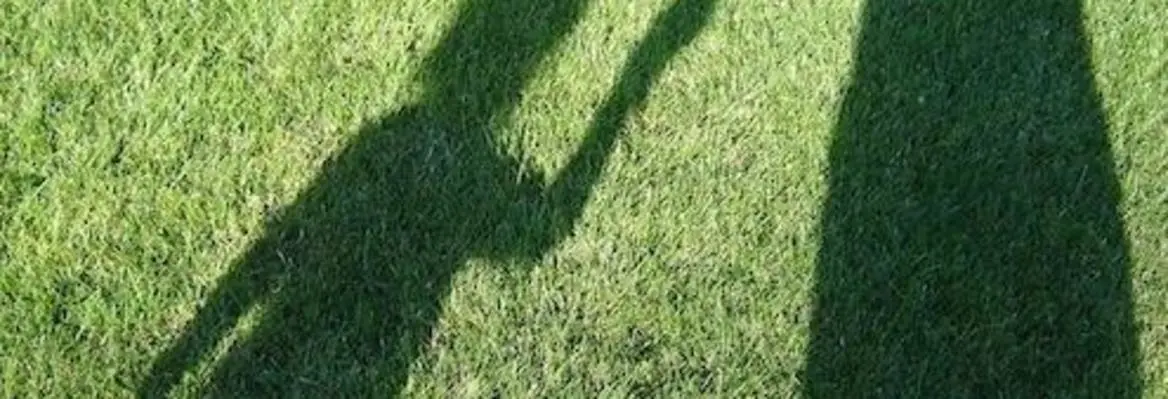One Sunday morning in 2011, I found myself garbed in comical spandex clothing, clutching a doughnut-hole drinking bottle, as I limbered up among the crowd to run a provincial half marathon. I am still not entirely sure what I was doing there, other than pursuing a fantasy of the lissom youth I had never actually gone in for first time around.
I was a long way off from the elite athletes, wedged in instead at the rear of the crowd with the fat people, the runners dressed up as bananas, gorillas and, on this occasion, a duo of large, white Styrofoam lavatories. Before the gun, the atmosphere was skittish, nervous, with much unnecessary stretching and jogging on the spot; people saying things like, ‘well, this is it,’ or ‘there’s no going back now.’ All of which might sound a bit silly were it not for the fact that when the starting gun fired, the race began and everyone did their utmost to run the allotted thirteen miles, whether nature or training had equipped them adequately to do so or not. Risking pain or humiliation or both, here were people puce in the face, silvery-haired pensioners, a pair of soldiers in full combats lugging sixty-pound day-sacks, students with hangovers and fairy-wings, bald men lolloping, matronly women wobbling, a blind man with a hand-written sign taped to his back, politely requesting you gave him space as you passed.
Many were raising money for some worthy cause. Others were here for reasons more personal and complex than simply charity, and certainly more noble than my non-specific twitching about getting older. These were the people whose participation in the race seemed to be all about contemplating, even tasting for a moment, another’s more profound physical struggles; the kind of hardship for which you did not get a commemorative medal and a free energy drink. One woman in her forties, pretty, with short dark hair, came past wearing a black T-shirt emblazoned back and front with large white letters that read, ‘In Memory of Our Beautiful Daughter, Ellie’. Then I spotted a girl with a vest saying, ‘For My Nan’, followed by six or seven young men and women with matching laminated photos stapled to their backs, showing a woman laughing in an armchair and with the caption, ‘For Aunty Joyce’. Then came a man wearing the tabard of a head injuries charity that said ‘In Memory of Shane, July 1979 – March 2010’.
The crowd, I realised, was full of ghosts. Were these runners trying somehow to repay the awful, fatal bravery of the now-dead people pictured on their backs, with some kind of staged, physical ordeal of their own? It seemed that just as the gym has become the twenty-first-century church – even if you neither go very often, nor try very hard when you do, it is good to be a member – so this motley clutch of joggers had more in common with a medieval pilgrimage than a running race. For some, this had clearly become a rite built around death and illness and losing people, all this sweat and pain a way of paying tribute to a courage that surpasses all others in its Everyman quality.















Join the conversation